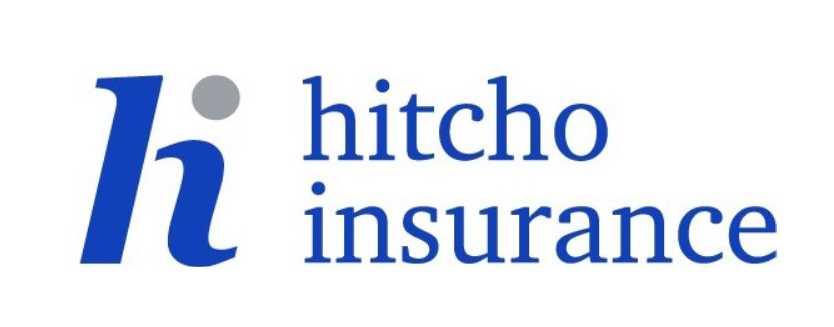Scams are unfortunately becoming a more frequent part of everyday life. One such scam recently affected a Medicare client, leading to the loss of $18,000. But there’s a silver lining — by taking swift action, the victim was able to save himself from losing even more. Here’s the story of how a scammer almost took $70,000, and the steps you can take to avoid becoming a victim.
The Scam Unfolds
The story begins when our client, a Medicare beneficiary, received a phone call from someone claiming to be from the DEA. According to the caller, the client’s identity had been stolen in Texas and used for illegal activities, including drug-related crimes. The scammer then instructed the client to deposit a large sum of money — $18,000 — into a secret account as part of an investigation.
Desperate and feeling pressured, our client followed the instructions, withdrawing the $18,000 and handing it over to a stranger who arrived at his house with a supposed password. The money was gone in a flash.
The Scam Intensifies
Just when the client thought it was over, another call came in. This time, the scammer pretended to be a representative from the Allentown Police Department, confirming the story and demanding an additional $55,000. The client was instructed to go to the bank and withdraw the remaining sum, which would supposedly help settle the matter.
At this point, something didn’t feel right. Our client had already experienced the shock of losing $18,000, but this new demand for money seemed suspicious. The phone numbers, the strange tone of the call, and the lack of details about the police department made him uneasy. He reached out to us for advice, and we immediately started investigating.
How We Helped
We quickly began looking into the phone numbers provided. The first number matched a local area code (610), but there was no address listed in the White Pages, which raised immediate red flags. We then called the actual Allentown Police Department to verify the information, and indeed, the phone numbers didn’t match up. The scammer had been impersonating law enforcement.
The situation became even clearer when I spoke directly with the scammer on the phone. His accent and mannerisms suggested he might not even be in the country, confirming our suspicions that this was a sophisticated scam. Our client was about to make another disastrous mistake, but we were able to intervene just in time.
The Silver Lining
Thanks to swift action, our client was able to prevent losing another $55,000. He was advised to report the fraud to the police, and he headed over to the Allentown Police Department to file a claim. While we couldn’t retrieve the $18,000 that had already been stolen, at least he avoided making the situation worse.
How You Can Protect Yourself
This story serves as a reminder that scammers are always finding new ways to exploit vulnerabilities. Whether it’s pretending to be from the DEA or the police, scammers are incredibly resourceful. Here are some important takeaways to protect yourself:
- Never Trust Unsolicited Calls: If you receive a call claiming to be from law enforcement, a government agency, or even a financial institution, hang up and call them directly using the official number.
- Verify Phone Numbers: Always double-check phone numbers and websites to ensure they match official contacts.
- Trust Your Instincts: If something feels off or too good to be true, it probably is. Scammers often use high-pressure tactics to trick people into making rushed decisions.
- Consult Someone You Trust: If you’re in doubt, speak to a family member, friend, or professional before taking action. Scammers often prey on people who feel isolated or confused.
- Report Suspicious Activity: If you suspect you’ve been targeted by a scam, contact your local police department immediately.
Final Thoughts
Unfortunately, scams like the one described above are becoming more prevalent, targeting vulnerable individuals — including seniors and Medicare clients. The best defense is knowledge and vigilance. Be cautious with your personal information, and always verify the legitimacy of calls, emails, or requests for money. By staying alert, you can help protect yourself from falling victim to these dangerous scams.
If you or someone you know suspects they’ve been scammed, don’t hesitate to seek help from trusted professionals or law enforcement.
Stay safe and take care!

